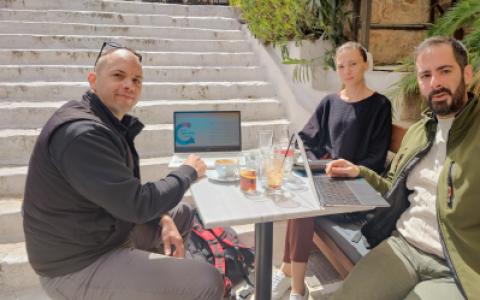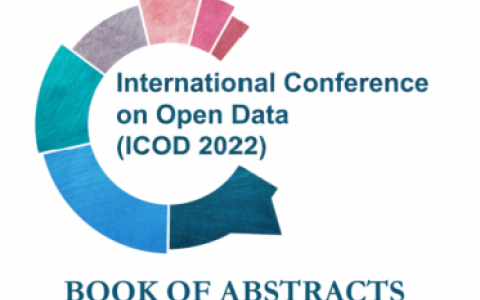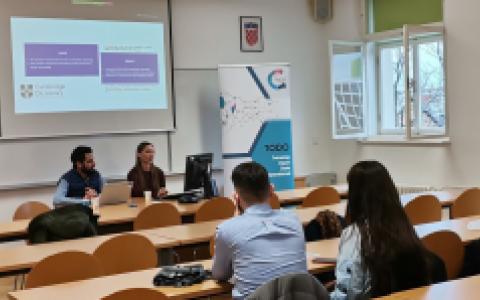Many eyes principle
If something is visible to many people then, collectively, they are more likely to find errors in it. Publishing open data can therefore be a way to improve its accuracy and data quality, especially where a good interface for reporting errors is provided. See → crowdsourcing.
Source: ODH






